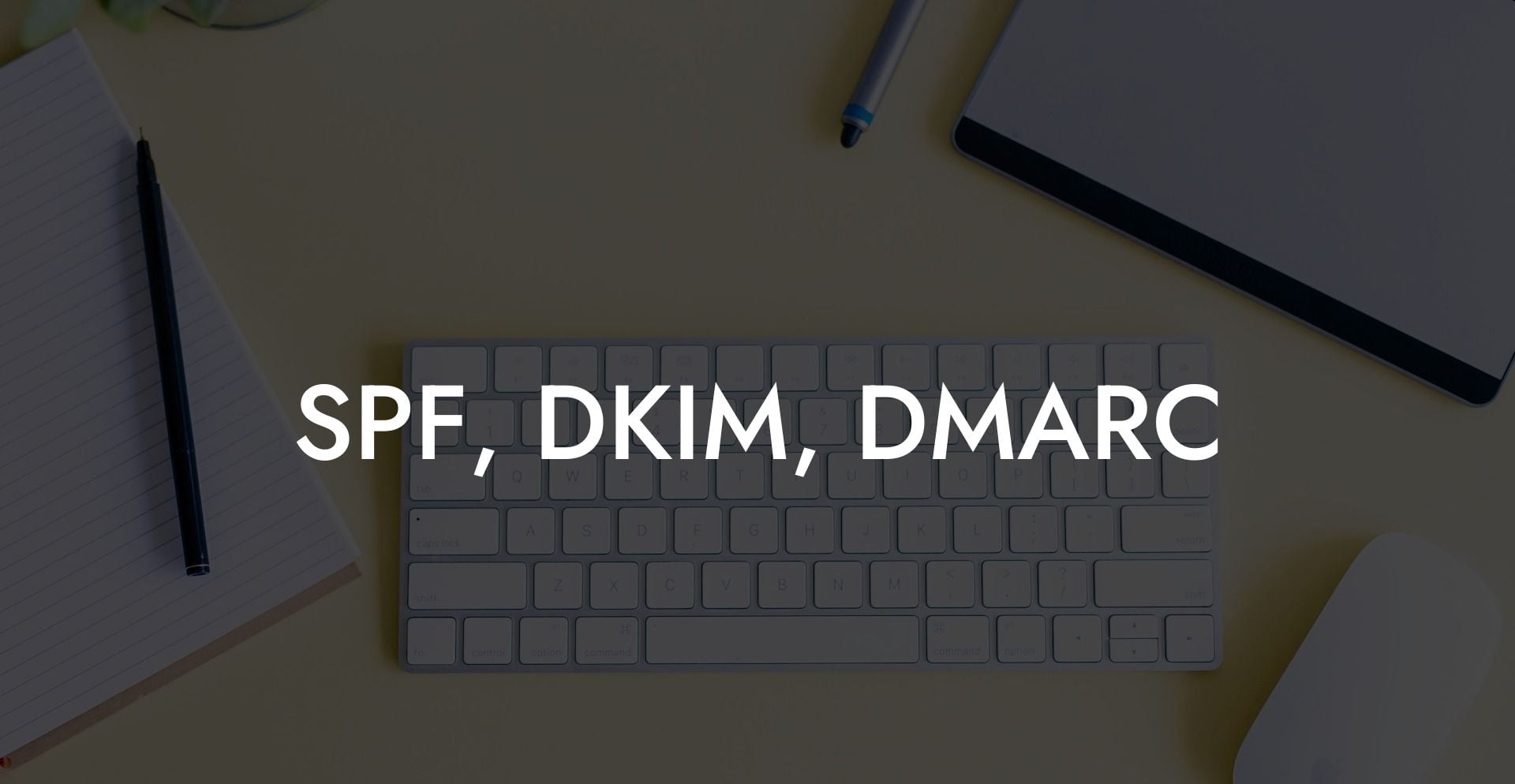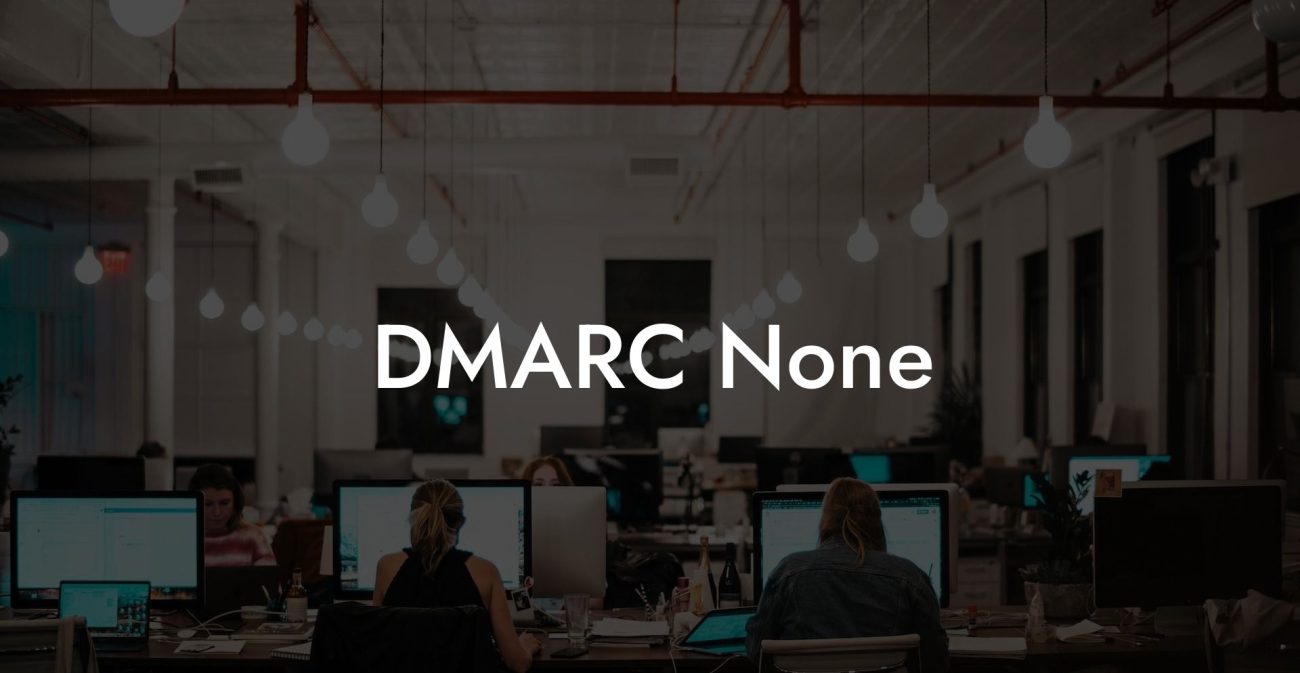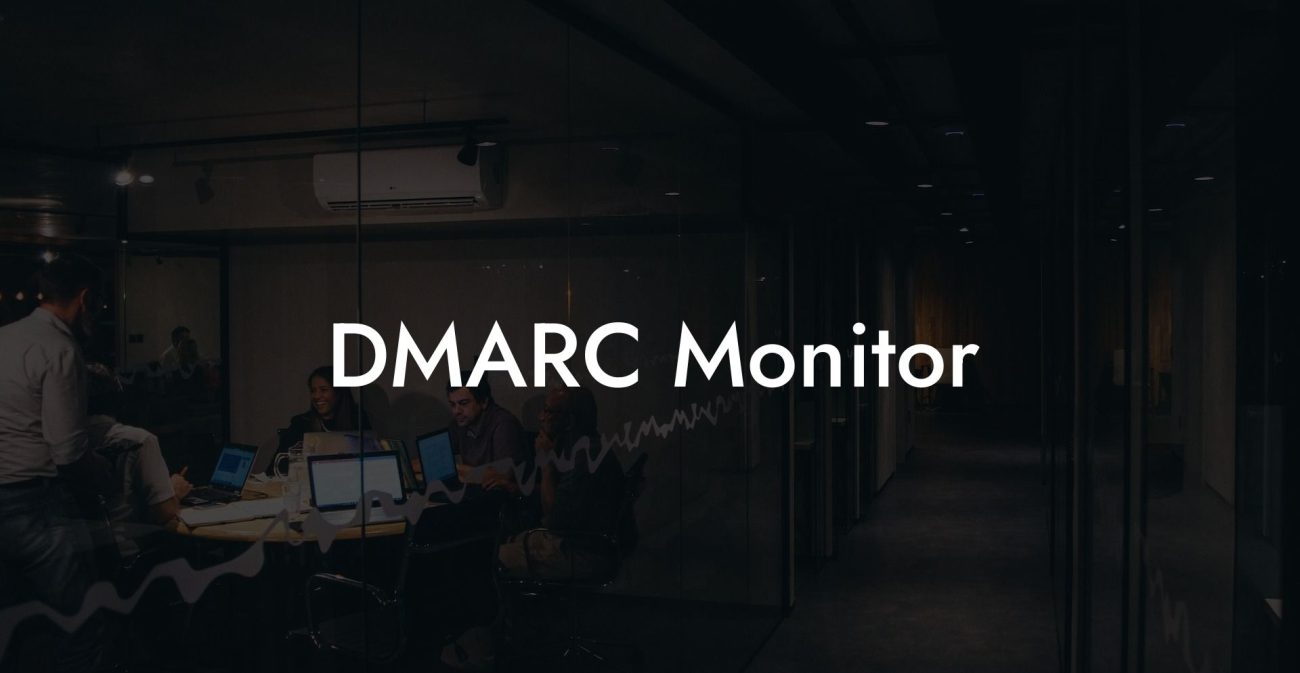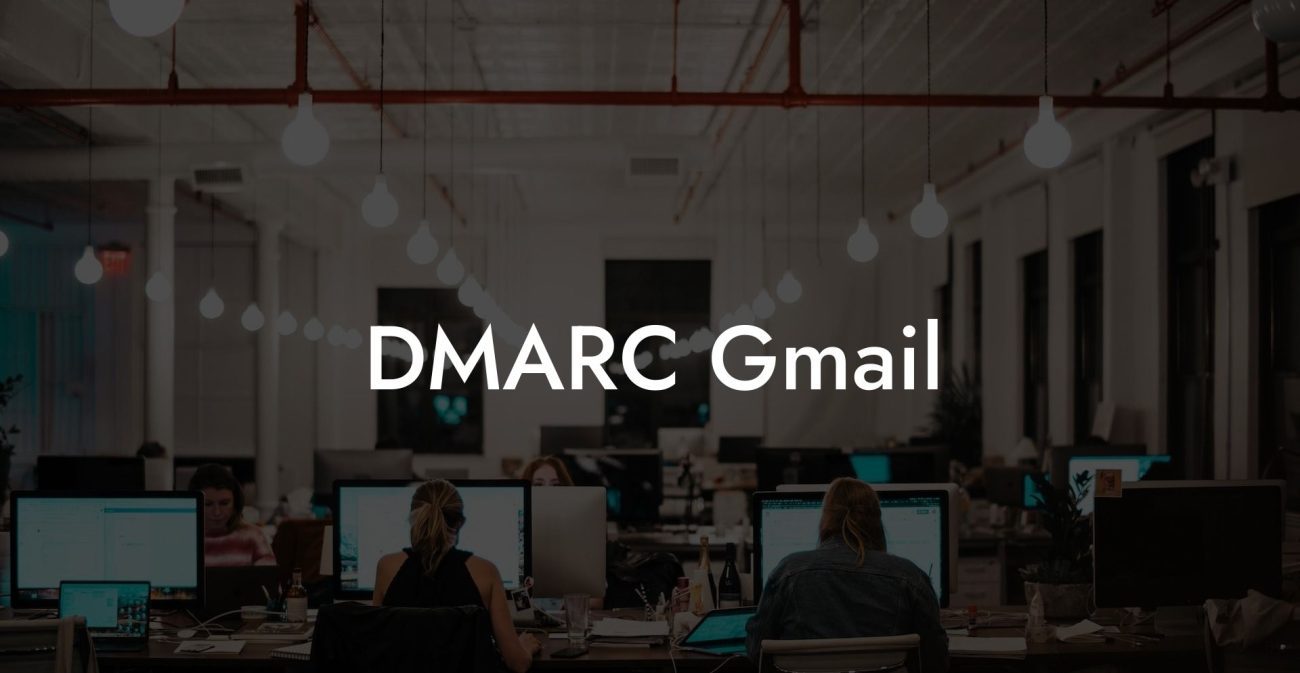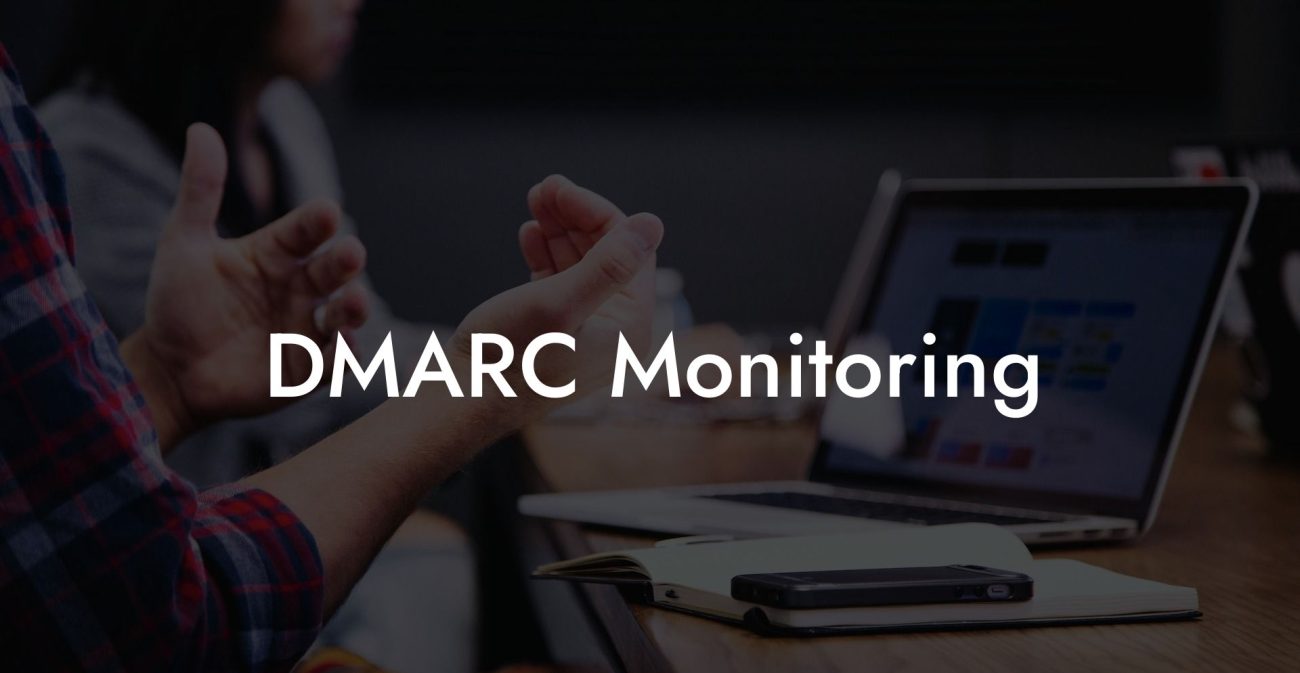In the ever-evolving world of digital communication and cybersecurity, businesses and individuals must stay informed and protected against cyber-attacks. One major concern is email security as it is the primary mode of communication in business operations. Voice Phishing, your go-to source for cyber-security knowledge, presents an in-depth guide on SPF, DKIM, and DMARC – three vital email authentication protocols that help protect your email domain and enhance deliverability. With this knowledge, you'll be prepared to tackle the challenges of email security head-on and stay one step ahead of cyber criminals.
SPF, DKIM, DMARC Table of Contents
What are SPF, DKIM, and DMARC?
Sender Policy Framework (SPF)
- An email authentication protocol used to detect and prevent unauthorized use of your email domain.
- Allows the recipient's server to check if the origin of the email is approved by the domain owner.
- Implemented by adding a TXT record in your domain's DNS settings containing a list of authorized IP addresses.
DomainKeys Identified Mail (DKIM)
- An email validation system providing cryptographic signatures to verify the authenticity of an email message.
- Implemented by attaching unique signatures to outgoing emails, combined with a public key stored in your domain's DNS settings.
- Enables the recipient to check if the email was altered during transmission and if the sender is genuinely from the claimed domain.
Domain-based Message Authentication, Reporting, and Conformance (DMARC)
- A highly effective protocol that combines SPF and DKIM, enforcing email security and generating reports on any fraudulent activity.
- Requires the sender's domain to publish DMARC records to the domain's DNS settings and helps identify the forensic/analytics email address where reports will be sent.
- Offers different policies for handling unauthenticated emails, such as quarantine or rejection.
Why are SPF, DKIM, and DMARC important?
- Enhanced Security: These protocols play a crucial role in preventing email spoofing, phishing attacks, and spam emails, ensuring only authorized senders can use your domain.
- Improved Deliverability: When email service providers identify emails from properly authenticated domains, they are more likely to be delivered to the recipient's inbox, thereby improving delivery rates.
- Domain Reputation: A good sending reputation can improve your email delivery rates and reduce bounce rates by eliminating fake emails that can harm your reputation.
SPF, DKIM, DMARC Example:
Protect Your Data Today With a Secure Password Manager. Our Top Password Managers:
Imagine you have a small eCommerce website with an email domain, "ecommerce-examples.com." Your team often sends promotional emails to a list of subscribers. However, you notice a growing number of complaints regarding spam or phishing emails, though you have no records of the emails they describe.
You investigate further and discover that your domain is being spoofed by cybercriminals to target your subscribers. Upon consulting cybersecurity experts, you are advised to implement SPF, DKIM, and DMARC to protect your domain from unauthorized email sending, enhance deliverability, and improve domain reputation.
By following their instructions, you implement these authentication protocols, which significantly mitigate the spoofing issue. You now have an improved email infrastructure that minimizes security risks and maintains the trust of your subscribers. Your domain's reputation is preserved, and your relationships with subscribers and email service providers remain intact.
We've now explored SPF, DKIM, and DMARC – the three pillars of email security – in detail, ensuring you're equipped with the right knowledge to keep your email domain protected from spoofing and cyber-attacks. Maintaining a strong email infrastructure is crucial to achieving the trust, reputation, and security your organization deserves. So, don't hesitate to share this valuable information with your network to promote cyber awareness and stay ahead in this digital landscape. For more informative guides and essential cybersecurity knowledge, explore our other resources at Voice Phishing.
Protect Your Data Today With a Secure Password Manager. Our Top Password Managers:

